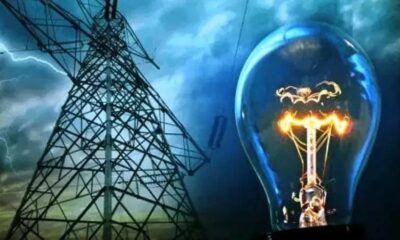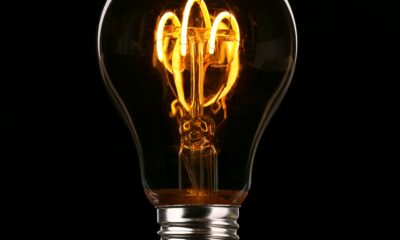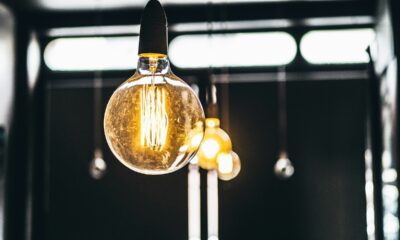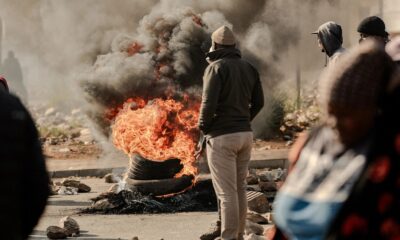News
Electricity or Bread? South Africans Grapple with Rising Power Costs
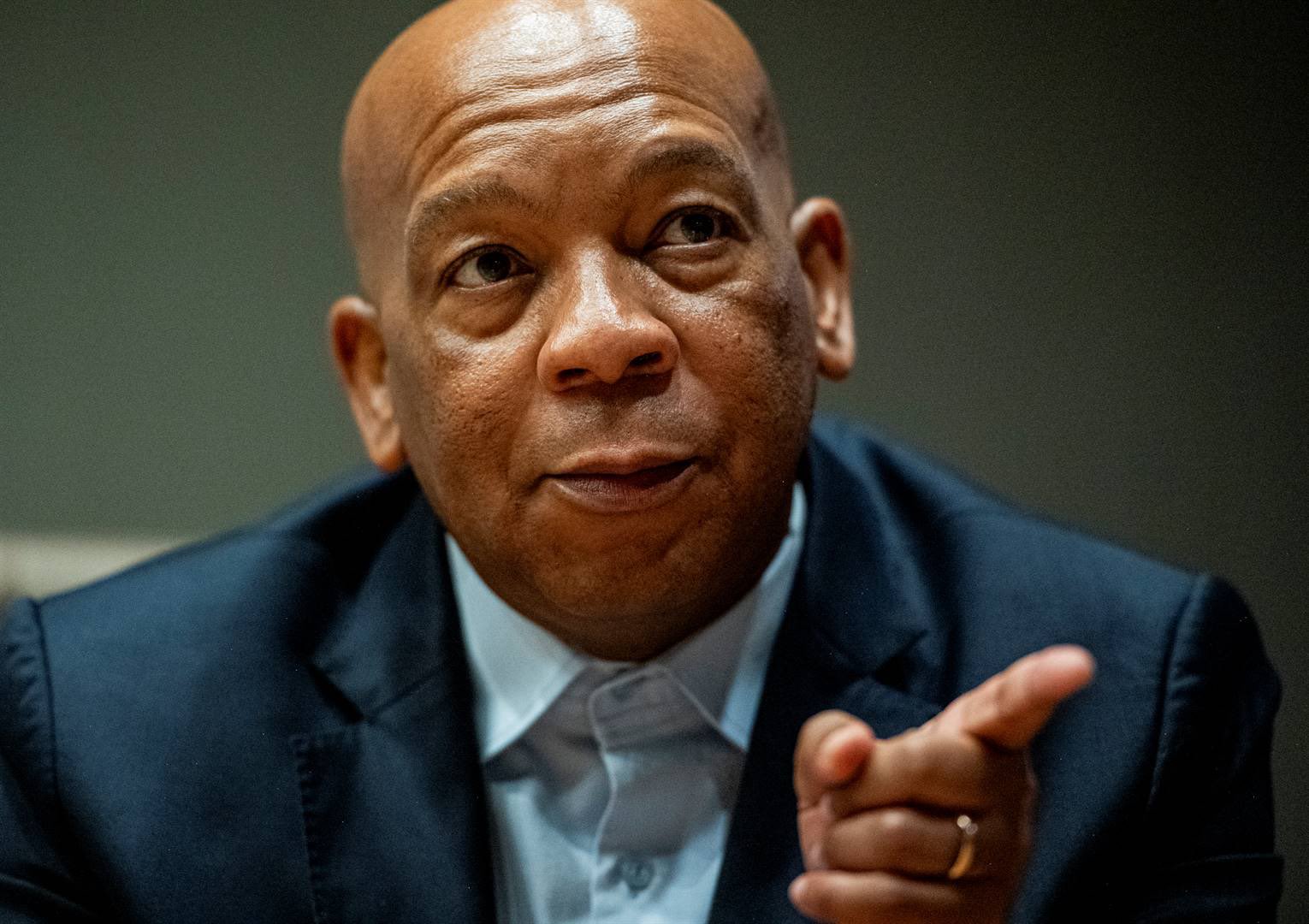
For many South African families, the choice between buying bread or electricity is becoming heartbreakingly simple.
Over the weekend, Electricity and Energy Minister Kgosientsho Ramokgopa delivered a stark message to the nation: electricity in South Africa is no longer affordable for the average household. In a candid interview with eNCA, he admitted that the soaring cost of power is pushing citizens, especially in poor and rural communities into what he described as energy poverty.
“It’s unaffordable,” he said plainly. “People are choosing bread over electricity. And who could blame them?”
When Power Becomes a Privilege
Ramokgopa’s remarks come on the heels of a 12.74% electricity tariff hike, approved by the National Energy Regulator of South Africa (Nersa) and implemented on April 1, 2025. While Eskom and Nersa defend the increase as part of a long-term plan to stabilize the grid and improve the utility’s dire finances, many see it as yet another blow to their shrinking household budgets.
The planned trajectory isn’t promising either: tariffs are set to rise another 5.36% in 2026/27 and 6.19% in 2027/28. These increases are part of a broader, multi-year revenue plan meant to support Eskom’s crumbling infrastructure and ongoing maintenance backlogs, both of which contribute to the persistent menace of load-shedding.
But for those living paycheck to paycheck, or worse, relying on social grants, these numbers mean less light, less heat, and fewer meals.
Communities Reaching a Boiling Point
The financial strain is already manifesting in public unrest. In Tembisa, a township east of Johannesburg, frustration has spilled into the streets.
Angry residents, protesting against high electricity costs and the latest tariff hike from the City of Ekurhuleni, shut down roads and set debris alight in the early hours of Monday. The Ekurhuleni Metropolitan Police Department (EMPD) reported that major routes including Sam Molele Drive and Jabu Mdunge Drive were barricaded with burning tires, rocks, and even portable toilets.
“The situation is still volatile,” warned EMPD spokesperson Katlego Mphahlele. “They’re throwing stones at moving vehicles. Please be cautious.”
This wasn’t just about the national Eskom increase. The city’s new fixed monthly charges R109 for single-phase connections and over R200 for three-phase connections, added salt to the wound for residents already feeling betrayed.
South Africans Speak Out
On social media, hashtags like #ElectricityCrisis, #TembisaShutdown, and #LoadShedding trended as residents vented their anger and fears.
“It’s not just power we’re losing. It’s dignity,” one X (formerly Twitter) user wrote. Another posted, “Imagine paying more for electricity you don’t even get to use half the time.”
Even small business owners, especially in townships and peri-urban areas, have begun voicing concern about how these rates could shutter their operations for good.
A Government Under Pressure
Ramokgopa, for his part, acknowledged the imbalance and promised action. He said his department is reviewing South Africa’s electricity pricing policy to better protect vulnerable citizens.
“This disproportionately affects villages and poorer areas,” he said. “The state has a duty to be at the forefront of fixing this.”
But critics argue that the government’s promises come too slowly and that pricing reform should have happened years ago, not as a reaction to street protests and public outrage.
Where Do We Go From Here?
The electricity crisis is not new, but it’s now evolving from an issue of infrastructure to one of basic human survival.
As Eskom continues to battle aging equipment, mismanagement, and debt, and as the cost of power climbs beyond reach for millions, South Africa is being forced to confront a bitter truth: power is no longer a public good, it’s becoming a private luxury.
Until reforms are both meaningful and swift, the country may continue to see scenes like those in Tembisa: smoke rising over townships, while households sit in the dark.
{Source: IOL}
Follow Joburg ETC on Facebook, Twitter , TikTok and Instagram
For more News in Johannesburg, visit joburgetc.com

